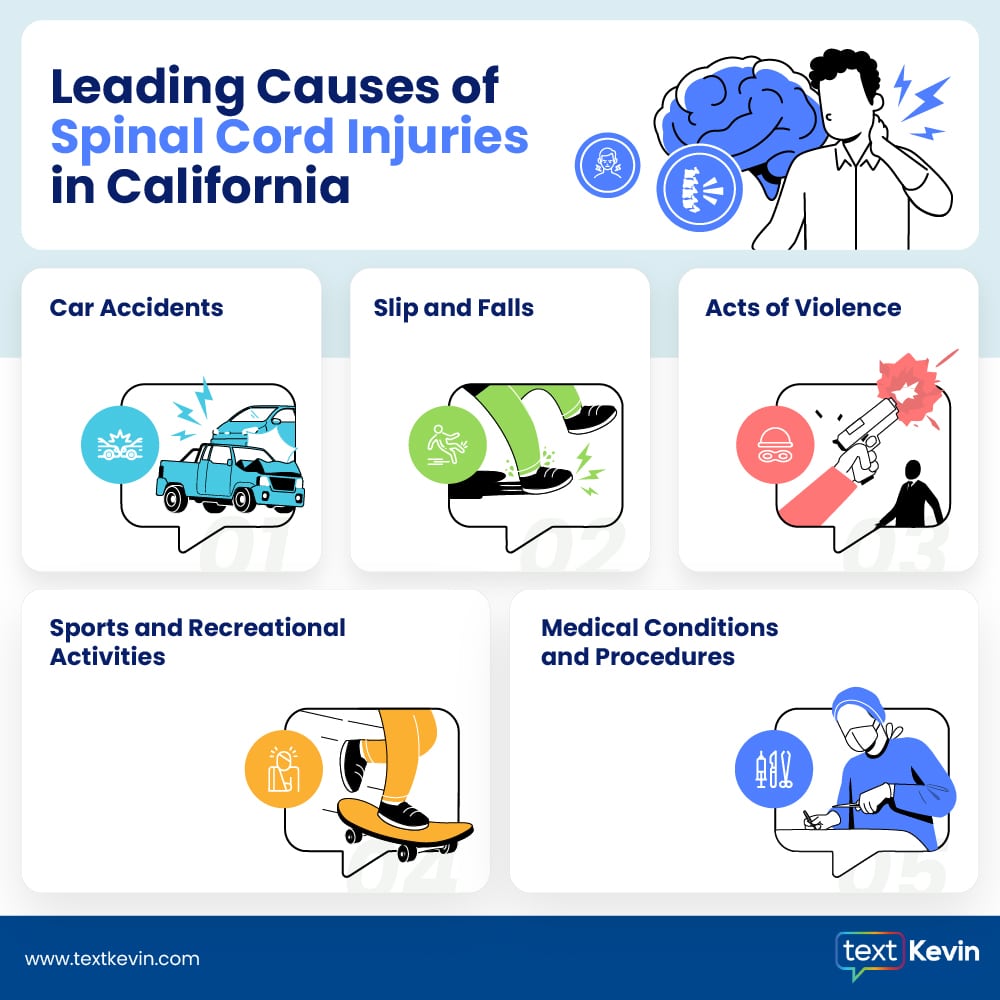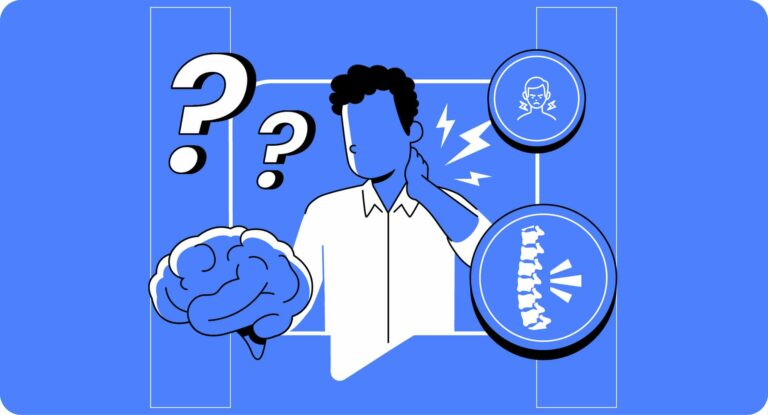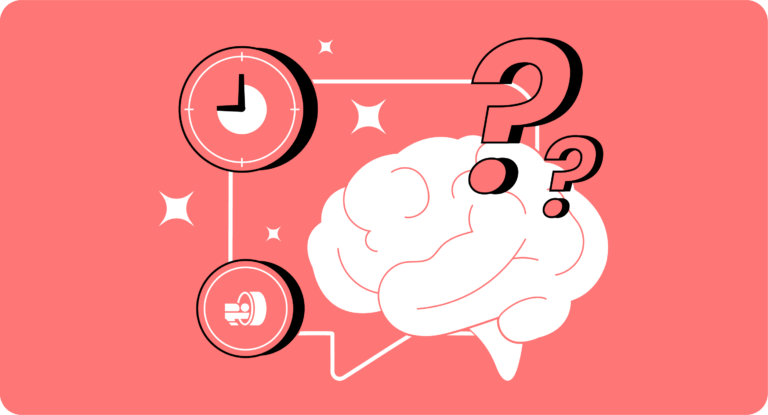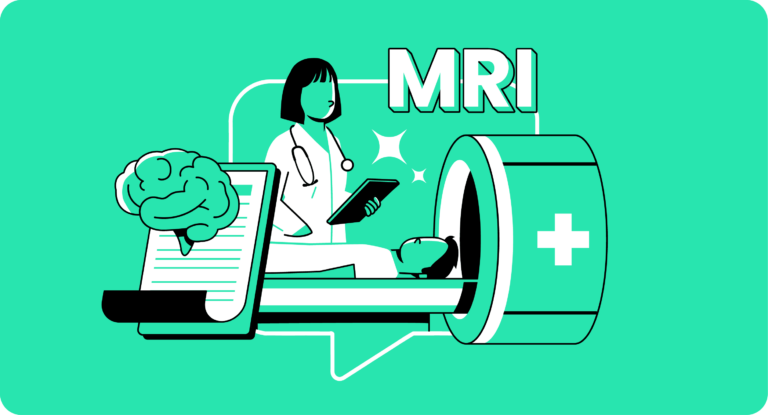A spinal cord injury has detrimental effects on the brain, including a decline in memory, processing speed, attention, and learning abilities.
Spinal cord injuries (SCIs) are not just about loss of movement and sensation. They can trigger a cascade of neurological changes that disrupt communication between the brain and body, leading to cognitive impairments, emotional disturbances, and other challenges.
This comprehensive guide will explore the intricate relationship between spinal cord injuries and the brain. We’ll explore the direct and indirect ways that SCIs can affect brain function, the impact these changes have on daily life, and the legal implications for those seeking compensation in California after a spinal cord injury.
What happens to your brain when the spinal cord injury (SCI) is damaged?
The spinal cord is your body’s information superhighway, sending vital messages between your brain and the rest of your body. When an injury disrupts this highway, the consequences extend beyond immediate physical limitations.
A spinal cord injury (SCI) occurs when the spinal cord is damaged, often due to trauma. The severity and location of the injury determine the extent of the impairment. Types of Spinal Cord Injuries:
- Complete SCI: All communication between the brain and the body below the injury site is lost, resulting in a complete loss of sensation and voluntary movement.
- Incomplete SCI: Some communication remains, allowing for varying degrees of sensation and movement depending on the nerve pathways affected.
- Cervical, Thoracic, Lumbar, and Sacral Injuries: SCIs are also classified by the spine region where the damage occurs, with each level affecting different body parts.
Leading causes of spinal cord injuries in California
In California, spinal cord injuries (SCIs) are a significant public health concern, leading to devastating consequences for individuals and families. While SCIs can occur due to various factors, specific causes are more prevalent in the state, contributing to the overall burden of this debilitating condition.
Car accidents
Car crashes, motorcycle collisions, and pedestrian accidents remain the leading cause of SCIs in California. The high speeds and forces involved in these incidents can result in severe spinal trauma, often leading to paralysis or other long-term disabilities.
Slips and falls
Slips and falls from heights, such as ladders or rooftops, are a significant cause of SCIs, particularly among older adults and construction workers. Slips and falls on slippery surfaces also contribute to spinal injuries, especially in the elderly population.
Acts of violence
Gunshot wounds and physical assaults, while less frequent than accidents, can cause devastating SCIs, often with lifelong consequences. These injuries affect young adults and can lead to complex physical and psychological challenges.
Sports and recreational activities
While sports offer numerous benefits, they also carry the risk of spinal cord injuries. High-impact sports like football and rugby, as well as activities like cycling, diving, and surfing, can result in spinal trauma due to falls, collisions, or forceful impacts.
Medical conditions and procedures
In some cases, SCIs can occur due to underlying medical conditions like tumors, infections, or complications during surgical procedures. While less common than traumatic brain injuries, these non-traumatic SCIs can still have a profound impact on the lives of those affected.

Types of brain injuries associated with spinal cord injuries
While the physical consequences of SCIs are often the most visible, the impact on the brain is equally significant but less understood. It’s important to note that the severity of a spinal cord injury doesn’t always directly correlate with the extent of brain effects.
But, even minor injuries can trigger neurological changes that affect cognitive function, emotional well-being, and overall quality of life. The types of brain injuries accompanying SCI can range in severity:
- Concussion: A mild traumatic brain injury caused by a blow to the head or violent shaking. Symptoms can include headache, dizziness, confusion, and memory problems.
- Contusion: A bruise on the brain tissue resulting from a direct impact. Contusions can cause a wide range of cognitive, motor, and sensory impairments depending on the location and severity.
- Hematoma: A collection of blood within the skull, often caused by a ruptured blood vessel. Hematomas can compress brain tissue and lead to life-threatening complications.
These brain injuries, combined with the effects of SCI, can manifest in a multitude of ways, affecting both physical and cognitive functions:
- Cognitive impairments such as difficulty in memory, attention, concentration, problem-solving, and decision-making.
- Emotional and Psychological Changes ranging from depression, anxiety, mood swings, and irritability to even post-traumatic stress disorder (PTSD) can emerge.
- Sensory Problems- changes in vision, hearing, taste, or smell, chronic pain, and hypersensitivity.
- Motor deficits include weakness, paralysis, tremors, and difficulty with coordination.
Hidden brain damage in spinal cord injuries
While paralysis is the most visible consequence of a spinal cord injury (SCI), the damage often extends far beyond the physical realm, reaching deep into the intricate workings of the brain. Though less pronounced, these secondary effects can be as debilitating and warrant significant consideration in personal injury claims.
Inflammation in the brain after a spinal cord injury
In the aftermath of an SCI, the body’s natural inflammatory response can go into overdrive. While inflammation is a normal part of the healing process, excessive or prolonged inflammation can harm the brain. This can lead to:
- Cognitive Impairment: Studies have linked chronic inflammation to cognitive decline, memory problems, and difficulties with concentration and attention.
- Neurodegenerative Diseases: There is growing evidence suggesting a connection between chronic inflammation and an increased risk of neurodegenerative diseases like Alzheimer’s and Parkinson’s.
- Mental Health Disorders: Inflammation can also worsen existing mental health conditions like depression and anxiety or even trigger new ones.
Note
The brain’s remarkable ability to reorganize itself, known as neuroplasticity, offers hope for recovery after an SCI. However, this adaptability can also be a source of challenges. As the brain tries to compensate for lost connections, it can lead to:
- Phantom Limb Pain: This perplexing phenomenon involves experiencing pain or sensations in a limb that has been amputated or paralyzed, likely due to the brain’s rewiring efforts.
- Sensory Changes: Altered sensory processing can lead to hypersensitivity to touch or temperature and difficulty interpreting sensory information.
- Motor Dysfunction: While neuroplasticity can help regain some movement, it can also lead to spasticity (muscle tightness) and other motor control issues.
Seeking compensation for brain injuries in California
In personal injury cases arising from accidents that cause both SCI and brain trauma caused by another party’s negligence, establishing a clear link between the incident and the injuries is critical. The co-occurrence of these injuries often strengthens the case, as the causation is more evident.
This can lead to higher compensation for victims, as the damages are usually more extensive and long-lasting. If you or a loved one has suffered a spinal cord injury and concurrent brain trauma, it’s crucial to seek legal counsel from an experienced personal injury attorney. We can help you:
- Assess the full extent of your damages. Brain injuries can have long-term consequences, and a lawyer can help you calculate the total cost of medical care, rehabilitation, lost wages, and other expenses.
- Gather evidence to support your claim. They include medical records, expert testimony, and accident reconstruction can all be used to demonstrate the link between the accident and your injuries.
- Negotiate with insurance companies because they may try to downplay the severity of your injuries or deny your claim altogether.
- File a lawsuit if necessary if a fair settlement cannot be reached, and represent yourself in court.
Implications for personal injury cases caused by spinal cord injury
In personal injury lawsuits caused by spinal cord injuries, the extent of brain damage can significantly impact the amount of compensation awarded. While physical disabilities are often readily apparent, brain-related injuries can be more subtle and challenging to prove.
Here, we rely on medical experts, such as neurologists and psychiatrists, to assess and document the cognitive, emotional, and sensory impairments caused by SCI. By showing the full scope of the injury’s impact, including the hidden brain damage, we can build a stronger case for fair compensation.
It can cover medical expenses, lost wages, and the long-term costs of managing neurological and psychological impairments.
Life after spinal cord injury and finding support in California
A spinal cord injury (SCI) can dramatically alter your life, and the effects extend far beyond physical limitations. Brain-related symptoms, often overlooked, can pose significant challenges in your daily life, relationships, and work.
Depending on the severity of your injury, you may face challenges with daily tasks such as personal care, mobility, and household tasks and may require help. California offers many resources and legal protections to help you navigate this new reality.
- Rehabilitation Centers: Specializing in SCI care, these centers offer comprehensive therapies and support services to maximize recovery and independence.
- Support Groups: Connecting with others who understand your experiences can provide invaluable emotional support and practical advice.
- California Department of Rehabilitation: This agency offers vocational rehabilitation services to help individuals with SCIs return to work or pursue new career paths.
Pro Tip
Under the Americans with Disabilities Act (ADA) and California’s Fair Employment and Housing Act (FEHA), you have the right to reasonable accommodations at work and in public spaces. If your brain-related SCI symptoms affect your ability to work, you may be eligible for disability benefits or workers’ compensation.
Life expectancy after a spinal cord injury
Surviving a spinal cord injury (SCI) is a remarkable feat, but the road to recovery and adapting to a new life is often long and challenging. One of the most pressing concerns for those affected is life expectancy.
Fortunately, medical care and rehabilitation advancements have significantly improved outcomes for individuals with SCIs. The life expectancy of individuals who survive the first year after a spinal cord injury can vary considerably depending on several factors, including:
- Injury Severity, such as less severe injuries, such as incomplete paraplegia, generally have a longer life expectancy than those with more severe injuries, like high tetraplegia.
- Age because younger individuals typically have a longer life expectancy than older individuals, as they have more years of potential recovery and adaptation.
While specific data for 2023 is still emerging, current estimates suggest that a 20-year-old who survives one year after a spinal cord injury causing paraplegia can expect to live an additional 42 years on average.
In contrast, a 20-year-old with a low tetraplegia injury may have a life expectancy of around 26.7 years. These figures are just averages, and individual experiences can vary significantly.
Tip
Unfortunately, current medical science has yet to discover a way to fully reverse the effects of a spinal cord injury (SCI). However, hope is still possible. Researchers are actively investigating new treatments and therapies to improve the quality of life for those living with SCIs.
Immediate medical attention is crucial after an SCI, focusing on stabilizing the spine and preventing further damage. Early intervention in the emergency room can also help mitigate complications like blood clots and shock.
While a complete cure may not yet be available, rehabilitation is vital in assisting individuals to regain function and independence. This involves various therapies, adaptive devices, and sometimes medications promoting nerve regeneration.
Demand maximum compensation in California for your spinal cord injury
When a spinal cord injury (SCI) causes brain damage, the stakes for personal injury claims in California become even higher. Proving this link can significantly increase the compensation you may be entitled to.
Mainly because brain injuries often result in long-term or even lifelong consequences, including cognitive impairments, emotional distress, and reduced quality of life. To establish this connection, expert medical testimony is crucial.
Neurologists, psychiatrists, and other specialists can assess your cognitive and emotional state, linking your symptoms to the spinal cord injury. Documenting your medical expenses, therapy costs, and lost wages due to these brain-related impairments is essential.
If you suspect that SCI has affected you or a loved one, don’t suffer in silence – seek medical and legal help. An experienced spinal cord injury attorney specializing in spinal cord injuries can help you gather the necessary evidence, build a strong case, and advocate for the total compensation you deserve.











